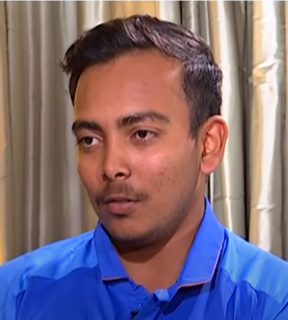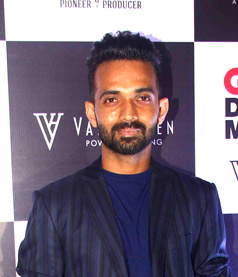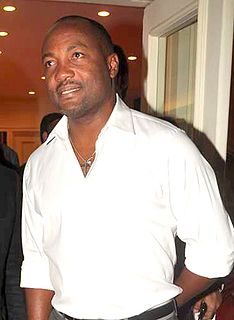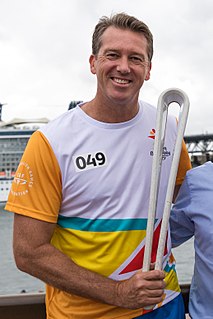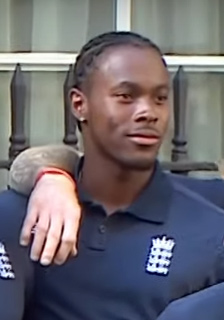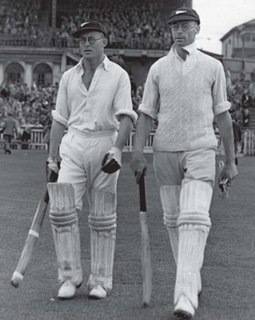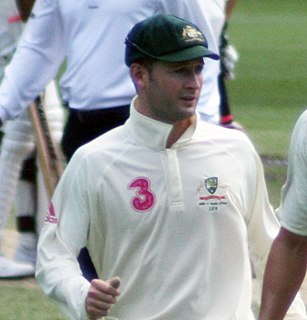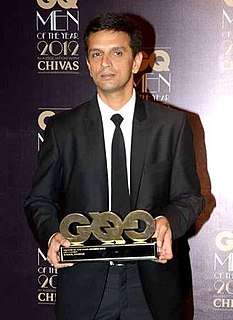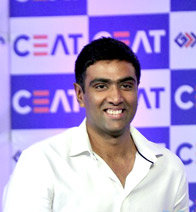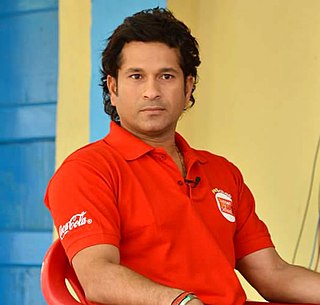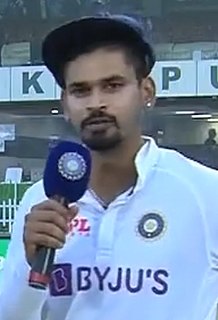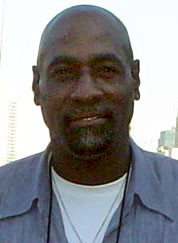A Quote by Smriti Mandhana
It's funny, because earlier, I used to have questions about how you coped with the seniors in the team, and now I get questions about how you're guiding these juniors.
Related Quotes
The great philosophers of the 17th and 18th centuries did not think that epistemological questions floated free of questions about how the mind works. Those philosophers took a stand on all sorts of questions which nowadays we would classify as questions of psychology, and their views about psychological questions shaped their views about epistemology, as well they should have.
The cool thing about Watchmen is it has this really complicated question that it asks, which is: who polices the police or who governs the government? Who does God pray to? Those are pretty deep questions but also pretty fun questions. Kind of exciting. It tries to subvert the superhero genre by giving you these big questions, moral questions. Why do you think you're on a fun ride? Suddenly you're like how am I supposed to feel about that?
There's no necessary connection between maximizing social utility or economic wealth and creating a flourishing democracy. The first does not guarantee the second. The only way to create a flourishing democracy is to find ways to reason together about the big questions, including hard questions about justice and the common good, to reason together about these questions so that we as citizens can decide how to shape the forces that govern our lives.
I was a bit nervous when I first entered the Indian dressing room. Some of the players sitting out there had 10 years of experience and were sitting in front of me. But then Virat Kohli and Ravi Shastri told me that there are no seniors or juniors in the team. So I could open up to them easily and irritate them with my questions.
I won't call my work entertainment. It's exploring. It's asking questions of people, constantly. 'How much do you feel? How much do you know? Are you aware of this? Can you cope with this?' A good movie will ask you questions you don't already know the answers to. Why would I want to make a film about something I already understand?













